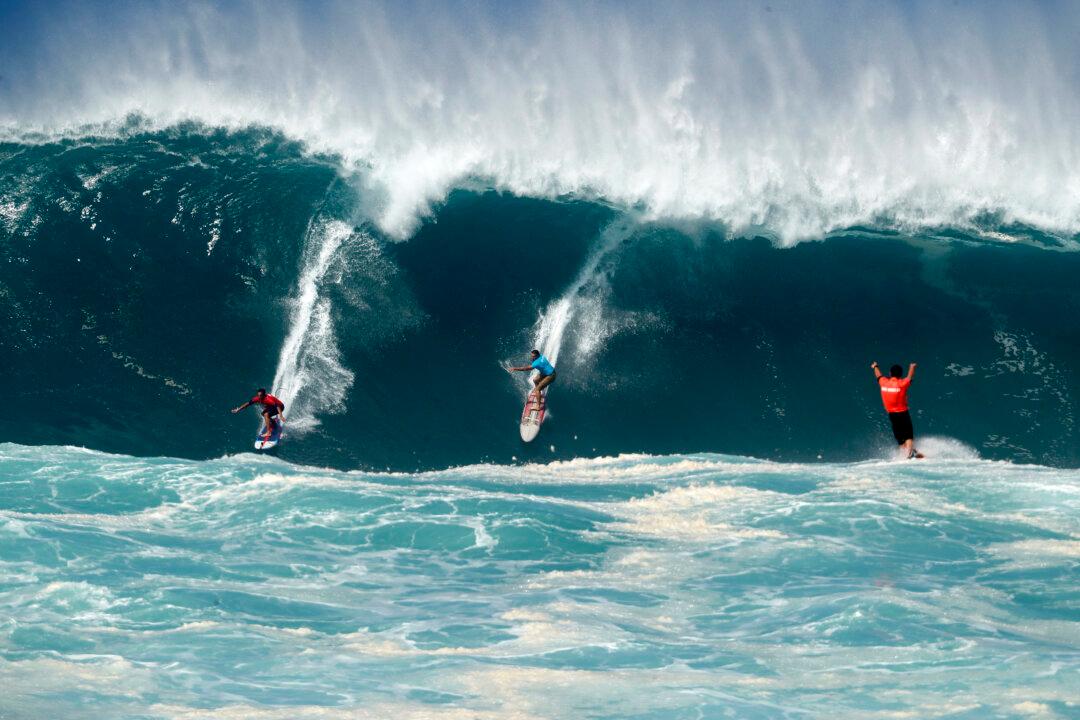Hawaii lawmakers are weighing up a tourism fee for state parks and trails to fund the protection of its unique natural environment.
Under the legislation, SB304 SD2, relating to “visitor impact fees,” the state could establish a program within the Department of Land and Natural Resources, to collect a fee from visitors aged 15 or over if they visit a state park, forest, hiking trail, or other natural areas.




